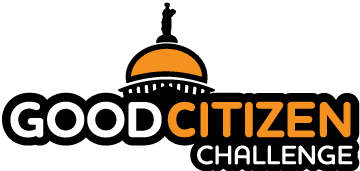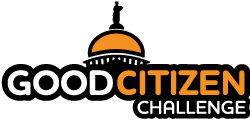The people of the United States are deeply divided: by race, gender, ideology and socio-economic status. But no matter which side they’re on, Americans are all bound by the same rights and duties of citizenship. It’s one of the few things we have in common.
Unfortunately, our collective understanding of that shared heritage has eroded. In fact, by some measures, it’s shockingly poor.
In 2016, the Annenberg Public Policy Center of the University of Pennsylvania found that only a quarter of all adults surveyed could name all three branches of government; a third could not name a single one. A 2016 Newseum Institute study found that 39 percent of American adults couldn’t name any of the five freedoms protected by the First Amendment: freedom of speech, religion, assembly, the press and freedom to petition the government for redress of grievances.
Even more troubling is the research of Yascha Mounk and Roberto Stefan Foa, which they detailed in a December 2016 op-ed in the Washington Post. “Citizens, especially millennials,” they write, “have less faith in the democratic system. They are more likely to express hostile views of democracy. And they vote for anti-establishment parties and candidates that disregard long-standing democratic norms in ever greater numbers.”
Mounk and Foa found that while 91 percent of Americans born in the 1930s believe it’s important to live in a democracy, just 57.1 percent of those born in the 1980s believe the same.
Is it a coincidence that learning civics has fallen out of favor? Standardized tests measure students’ literacy, math and science skills, but just a handful of states requires teens to pass a civics exam before graduating from high school.
Vermont isn’t one of them.
Though civics is not as fashionable as STEM education, it’s even more critical, especially in the current hyper-partisan political climate. How can Americans defend their democracy — or participate in it — if they don’t understand the principles on which it rests?
Vermont’s state standards require students to demonstrate proficiency in “global citizenship,” which includes civics, economics and geography, and no doubt there are schools and students that excel in this area. But we believe the state could benefit from an initiative to raise the profile of civics education, and to encourage younger Vermont students to engage with the subject matter. That’s why Seven Days and Kids VT have developed the Good Citizen Challenge.


